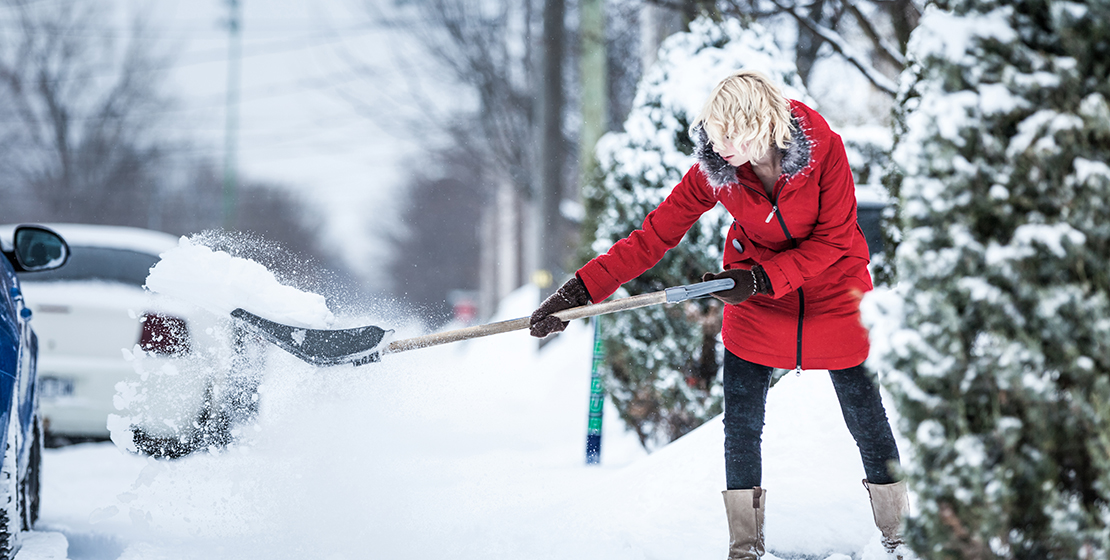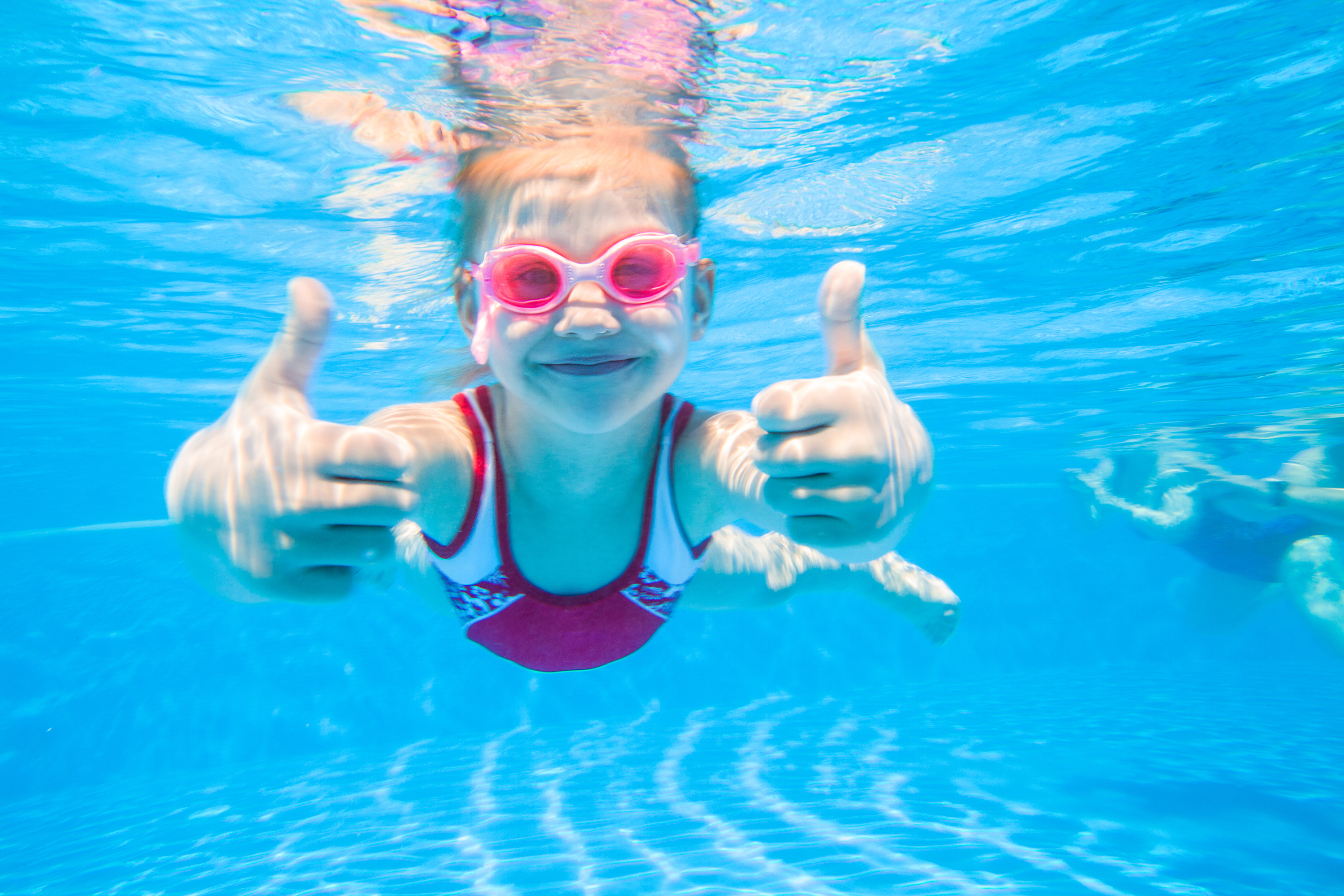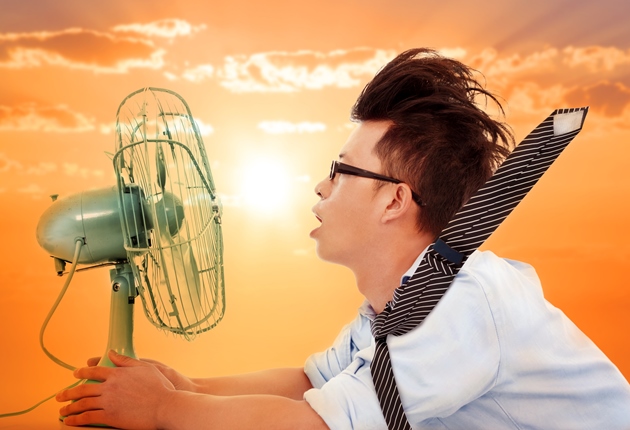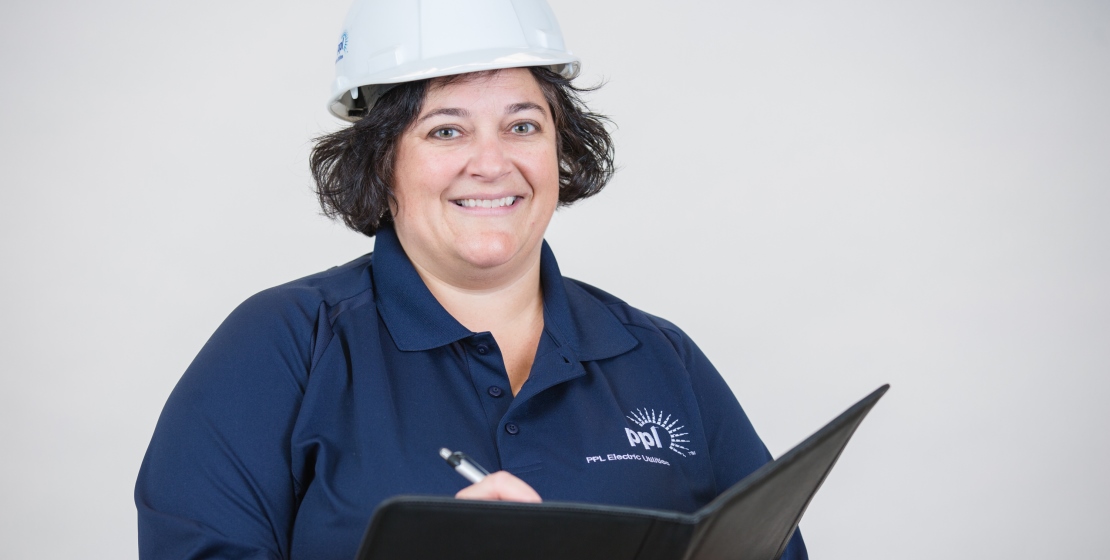
Jan 16, 2020 | Safety and Security
It’s winter storm season in Pennsylvania. Even if you don’t tune into the weather reports, you’ll recognize the signs of an impending storm by the parking lot of your local grocery store.
So how can you prepare in advance and stay safe when a winter storm strikes? We have some tips that will help before, during and after the snowfall.
Before:
- Create a household and vehicle emergency kit with all the essentials, including water, food and any medication you take on a daily basis.
- Listen for weather alerts and advisories so you’re not caught unprepared.
- Charge your cell phone and keep a flashlight nearby in case of a power outage.
During:
- Stay off the roads. This helps clear traffic for first responders.
- If you have a generator, make sure to follow our Emergency Tips for storm and generator safety.
- Stay warm and indoors. It’s a great time to pile on the blankets and cuddle up with a good book.
After:
- When shoveling snow, dress warm and limit your time outside to avoid frostbite and overexertion.
- Monitor the weather alerts and advisories before heading out on the road.
The Department of Homeland Security offers even more information on staying safe during snowstorms. Check out their resources at ready.gov/winter-weather.

Aug 27, 2019 | Safety and Security
“This is a test of the Emergency Broadcast System.”
It’s a phrase we’ve all heard countless times from our radios or TVs. We’ve heard it so many times that it’s easy to stop paying attention.
The fact is that the Emergency Broadcast System — and other warnings like it — can provide life-saving information when disaster strikes.
September is National Preparedness Month. It’s the perfect time to learn about the various warning systems that will alert your family in the event of a natural or man-made crisis.
Wireless Emergency Alerts (WEAs)
WEAs are sent directly to your cell phone by state or local public safety officials, the National Weather Service, the National Center for Missing and Exploited Children, and the president of the United States.
Emergency Alert System (EAS)
The EAS is a national public warning system that requires all satellite, cable and radio broadcasters to provide the president with a capability to address the American people within 10 minutes during a national emergency. EAS also may be used by state and local authorities.
NOAA Weather Radio (NWR)
NWR is a nationwide network of radio stations that broadcast continuous weather information from the nearest National Weather Service office.
For more information on emergency preparedness, visit www.ready.gov. If you experience a power outage, don’t forget to report it online, call 1-800-342-5775 (1-800-DIAL-PPL) or text “Outage” to TXTPPL (898775).

Aug 13, 2019 | Safety and Security
Summer is winding down, but there’s still plenty of time to enjoy the outdoors. For many of us, outdoor fun in the summertime means splashing around at a nearby pool or relaxing by a stream with a fishing pole in hand.
Water and electricity can be a deadly combination. At PPL Electric Utilities, we always think about safety first. Here are a few tips to stay safe from electrical risks as you enjoy the water this summer.
Swimming is a great way to cool down, but it carries dangers beyond drowning. Pools, hot tubs and spas can all be sources of electrical risks. According to the U.S. Consumer Product Safety Commission (CPSC), these hazards can come from several sources, including faulty underwater lighting; aging, uninspected (or at least not in years) electrical wiring; the use of sump pumps, power washers and vacuums that are not grounded; and, electrical appliances or extension cords that inadvertently end up in the water.
How can you keep your family safe? Ensuring that you have Ground-Fault Circuit-Interrupters (GFCIs) installed for all lighting, circuits and receptacles near water is a good first step. You also need to be aware of any sources of electricity near water. The CPSC has some good advice: “The best protection for families is inspection, detection and correction of electrical hazards in and around the swimming pools, hot tubs and spas.”
Fishing is another popular summertime activity that also carries some electrical risk. Because fishing rods and poles are made from metal, carbon fibers or similar conductive materials, contact with overhead power lines is a possibility.
If your fishing pole touches a power line, it can cause electric shocks, severe burns and even death. To stay safe, always “look before you hook.” Be aware of your surroundings and don’t get too close to overhead power lines when you’re fishing, or when you’re carrying your pole to or from a fishing spot.
Another safety tip is to make sure you unpack, set up and put away your equipment at the water’s edge, not in the water itself.
For more information on electrical safety, visit the websites of the CPSC or the Electrical Safety Foundation International (ESFI). You can also check out our PPL Electric Utilities website, or follow us on Twitter, Facebook or Instagram. We’re always sharing valuable tips about electrical safety, energy efficiency and much more.
Stay safe and enjoy the rest of the summer!

Jul 16, 2019 | Energy Efficiency
The dog days of summer are here, and the temperatures are sizzling. ☀️ No sweat … we’re here with tips to help you beat the heat.
You can save energy and money, even in extreme heat, with our energy efficiency tips:
- Make sure your drapes and shades are pulled down during the day to block the hot sun.
- Wear light clothing and set your thermostat between 72 and 78 degrees. You’ll save energy for every degree higher you can set your thermostat.
- Try not to use large appliances like dishwashers, stoves, washers and dryers during the warmest hours of the day. Incandescent light bulbs also produce heat, so switching to cooler and more efficient LED bulbs is a smart choice.
- Ceiling fans cost far less to use than air conditioners, but only turn them on in rooms that are occupied.
The National Weather Service reports about 175 Americans die from extreme heat in a normal year. Older adults, children and sick individuals are at greater risk from extreme heat.
Here are some tips to stay safe during the hottest days:
- Find a cool place with air conditioning and check on your at-risk family members or neighbors.
- Drink plenty of cool, non-alcoholic beverages.
- Never leave people or pets in a closed car.
- Avoid strenuous activity.
- If you are outside, find shade and wear a hat big enough to protect your face.

Jul 8, 2018 | Safety and Security
This tip appears in the July 2018 issue of Connect, our customer newsletter. We’re reprinting it here because it’s good safety advice.
Q. My buddy is a do-it-yourselfer and never bothers to turn off the circuit breakers when he’s working on an electrical outlet. How can I explain to him how dangerous this is?
A. Consider that a very small amount of electricity — less than 50 milliamps — can be enough to stop someone’s heart. A 15-amp circuit breaker in his house won’t trip and stop the flow of electricity until 300 times that amount, or 15,000 milliamps, is traveling through his body. Tell your friend to shut off the breaker, and test the outlet, before doing any work. It could be a life-saver.
Have a question for our energy expert? Email us at connect@pplweb.com.





